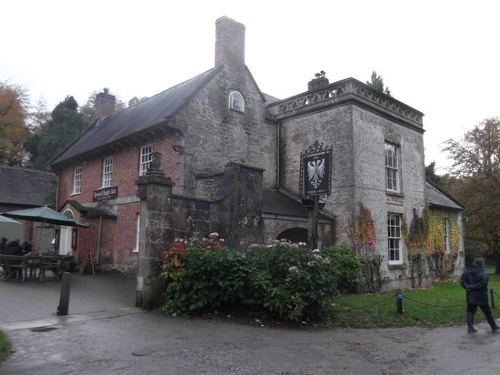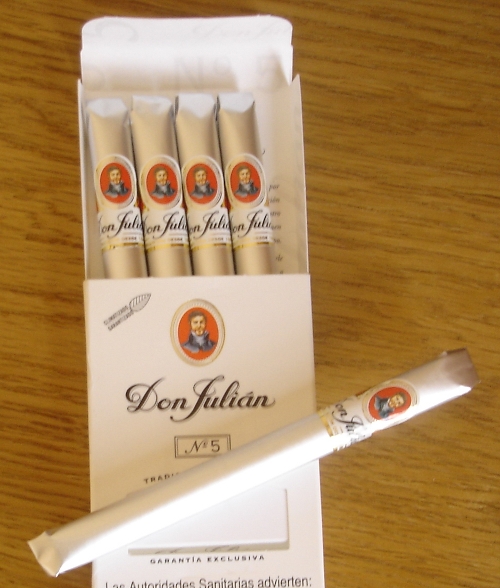The Story of Pendle Tweed
The history of weaving in Lancashire dates back many centuries. Weaving began as a cottage industry that involved whole families carding, spinning and looming by hand. Those whole families then moved into the factories built during the industrial revolution. The industrial revolution began in Britain around 1760, spurring a period of paradigm-shifting innovation before the world caught up.
Benjamin Thornber & Sons
As the industrial revolution was nearing its apex in 1815, Benjamin Thornber wanted in. A Lancastrian farmer with an interest in weaving, Benjamin gave his burgeoning textile business the push it needed by renting steam power for his looms in a Burnley factory. The gambit worked. Benjamin soon opened his own steam-powered mill in the same town. Benjamin Thornber & Sons was on the map.Under the stewardship of grandson James, the business relocated to Clitheroe in 1906. The business moved around a bit more, but it remains in Clitheroe. This was a sort of homecoming for the business as Clitheroe is close to founder Benjamin's home town of Rimington in the Ribble Valley.
Seventh-generation businessHere we see the latest Thornber and son to head the business: seventh-generation Sam — a player for Clitheroe Rugby — and his father Dave.
Benjamin Thornber and Sons now design and distribute fabrics worldwide, including the world-famous Pendle tweed.
Pendle Tweed
Pendle Tweed takes its name from nearby Pendle, home of the infamous Pendle witches who were put on trial in 1612. The report of the proceedings by Thomas Potts, The Wonderfull Discoverie of Witches in the Countie of Lancaster, is quite a read, with its account of 'murthers' and 'diulish conspiricies'. I suggest you read it in the dark by flickering candlelight.Diulish conspiriciesPendle tweed is woven from the wool of Cheviot sheep and is known for its 'yarns [that] reflect the colours of the natural Pendle landscape' and the softness of its handle. The tweed is made from 'wool from British sheep, shorn, carded, spun, woven and finished in The United Kingdom'. The weaving and finishing of Pendle tweed takes place in arch-rival Yorkshire.
This remarkable tweed is used for interiors and clothing. I don't think we can have enough of tweed can we? Personally, wearing my five-piece tweed suit, I would quite happily live in a house furnished top to bottom in the stuff, like a tweed cocoon.
Tweed cocoonTroutbone Pendle tweed was used for Walker Slater's highly popular three-piece suit (top). Jaeger used a check Pendle tweed for the jacket below. I couldn't work out which check. Maybe it's not produced any more.
But do familiarise yourself with the current range. Thornber have some absolute crackers.















Comments
Post a Comment